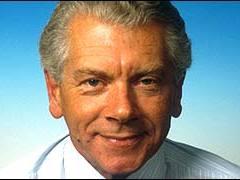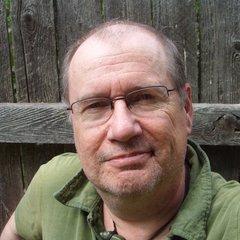Julius Charles Hare Quotes

Be what you are. This is the first step toward becoming better than you are.
Julius Charles Hare, Augustus William Hare (1861). “Guesses at Truth, by Two Brothers: From the Fifth London Ed”, p.486
A weak mind sinks under prosperity, as well as under adversity.
Julius Charles Hare, Augustus William Hare (1861). “Guesses at Truth, by Two Brothers: From the Fifth London Ed”, p.211
Julius Charles Hare, Augustus William Hare (1861). “Guesses at Truth, by Two Brothers: From the Fifth London Ed”, p.103
"Guesses at Truth, by Two Brothers: Second edition: with large additions. Second Series".
Julius Charles Hare, Augustus William Hare, Edward Hayes Plumptre (1871). “Guesses at Truth”, p.162
Julius Charles Hare, Augustus William Hare (1861). “Guesses at Truth, by Two Brothers: From the Fifth London Ed”, p.475
Julius Charles Hare, Augustus William Hare, Edward Hayes Plumptre (1871). “Guesses at Truth”, p.158
The business of philosophy is to circumnavigate human nature.
Julius Charles Hare, Augustus William Hare (1861). “Guesses at Truth, by Two Brothers: From the Fifth London Ed”, p.434
Julius Charles Hare, Augustus William Hare (1848). “Guesses at Truth: Second Series”, p.214
Julius Charles Hare, Augustus William Hare, Edward Hayes Plumptre (1871). “Guesses at Truth”, p.444
If your divines are not philosophers, your philosophy will neither be divine, nor able to divine.
Julius Charles Hare, Augustus William Hare, Edward Hayes Plumptre (1871). “Guesses at Truth”, p.502
Julius Charles Hare, Augustus William Hare, Edward Hayes Plumptre (1871). “Guesses at Truth”, p.210
Julius Charles Hare, Augustus William Hare (1861). “Guesses at Truth, by Two Brothers: From the Fifth London Ed”, p.180
Julius Charles Hare, Augustus William Hare (1861). “Guesses at Truth, by Two Brothers: From the Fifth London Ed”, p.13






